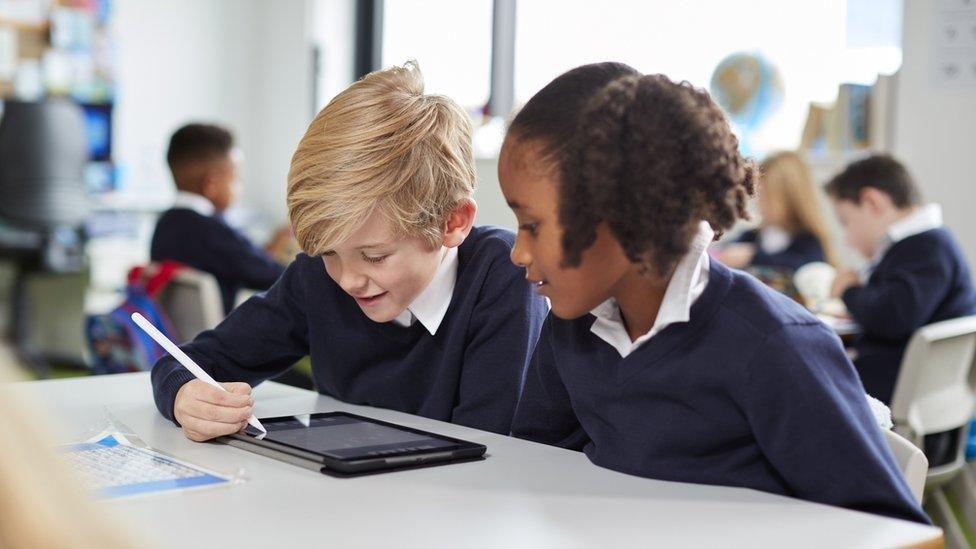Most lessons in English to be phased out in Welsh county
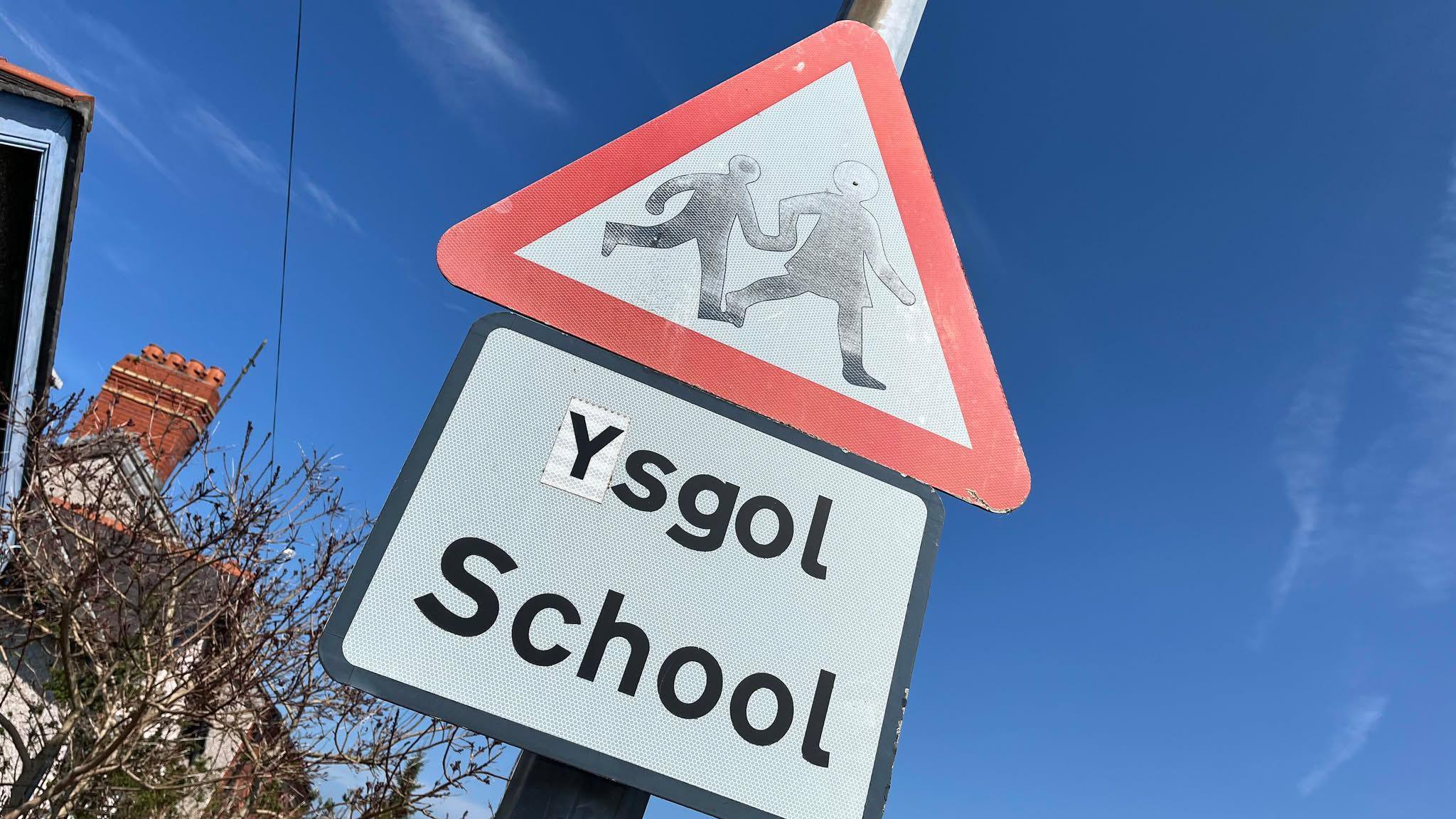
Gwynedd plans to phase out English-medium streams from the vast majority of secondary schools
- Published
English language education could be slashed in a part of Wales in an effort to bolster the use of Welsh language in schools.
Gwynedd, one of two counties where Welsh is spoken by the majority of residents, plans to phase out English-medium streams from the vast majority of secondary schools.
The new draft policy from the council - Cyngor Gwynedd - would expect pupils to follow at least 70% of the curriculum in Welsh. The current arrangements expect a minimum of 60% of pupils to do so.
The council said the proposals would "remove bilingualism and bilingual teaching" as Welsh becomes "the principal language of education".
One Gwynedd councillor said while children's English skills "develop quite naturally" due to the influence of largely English-speaking media, many needed extra help with their Welsh due to a "changing world".
The plans have come under attack by the Welsh Conservatives, with the party's leader describing them as "axing the opportunity for parents and pupils to choose to be educated in English".
Welsh-only names for most new Senedd seats revealed
- Published17 December 2024
Target of million Welsh speakers may become law
- Published15 July 2024
Number of Welsh-speakers lowest in eight years
- Published23 January
The changes would primarily impact secondary education, external.
All but two of the county's 13 schools are already designated as "Category 3" Welsh-medium. This requires schools to offer "at least 60% of learners undertaking at least 70% of their school activities in Welsh".
But the plans would effectively scrap English-medium streams, meaning all pupils would be expected to follow 70% of the curriculum through the medium of Welsh.
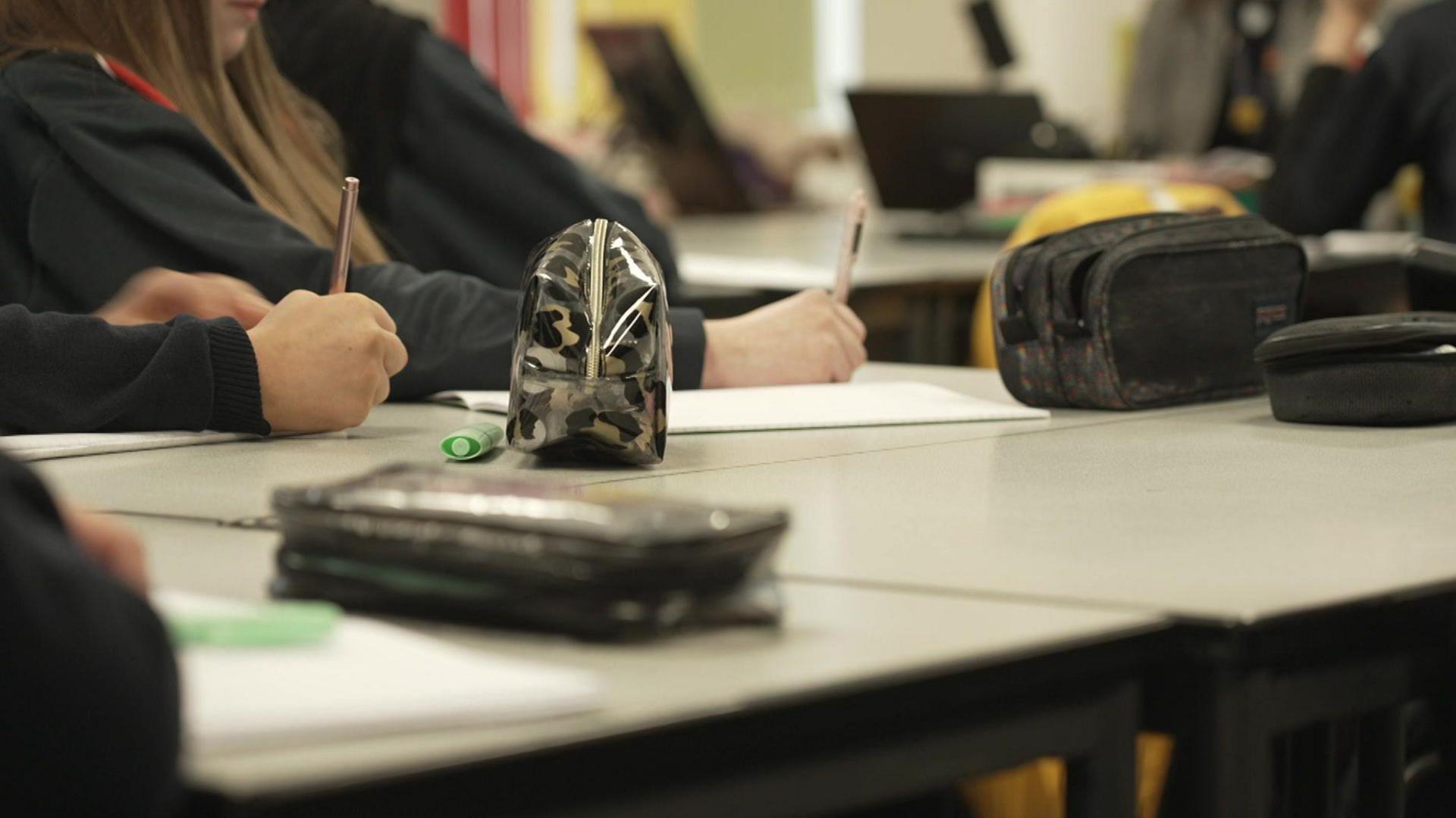
The new draft policy would expect secondary pupils to follow at least 70% of the curriculum in the medium of Welsh
Ysgol Friars in Bangor and Ysgol Uwchradd Tywyn are designated T3 schools, which means they are in transition to become Welsh medium. They would not be immediately affected.
While Gwynedd remains a Welsh language heartland, the percentage of Welsh speakers has fallen.
In 1981, 76.2% of its population could speak Welsh, but by 2021 this had fallen to 64.4%.
The numbers also fluctuate within the county, as the city of Bangor and some coastal communities tend to have fewer Welsh speakers compared to the Seiont ward in Caernarfon and Llanrug.
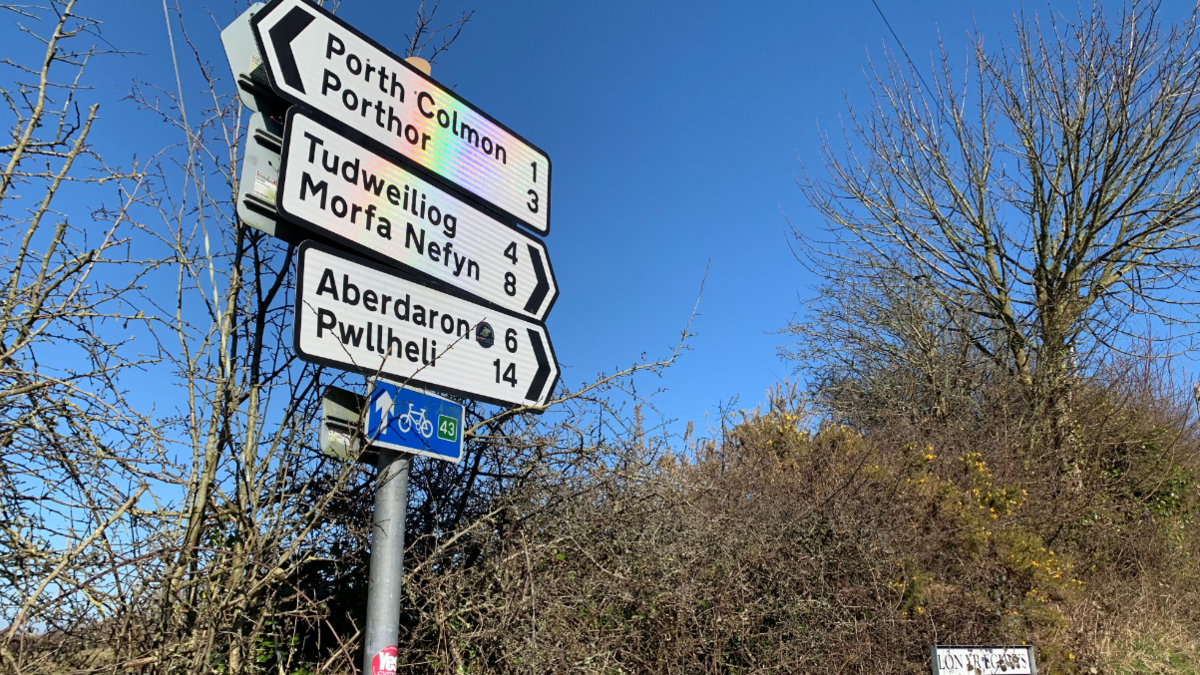
Gwynedd has the highest percentage of Welsh speakers in Wales and is considered a heartland of the language
In Bangor, Gwynedd's only city, there was largely a positive reaction to the proposals.
"It would be good thing to be honest," said Callum Marler, who lives in Llandudno.
"I don't speak Welsh and I've lived here my whole life, I think it is a good idea.
"I did Welsh in school, I didn't really pay much attention but I should have... it's the language of the country," he added.

Callum says it's a good idea that Cyngor Gwynedd is trying to bolster the Welsh language
Tony Walkden said he felt parents should be entitled to send their children to an English-medium school if they wish.
"In education I think it should be English, I agree that Welsh should be a strong language within this country," he said.
"I've got grandchildren that are fluent in both languages. I think you should have a choice."
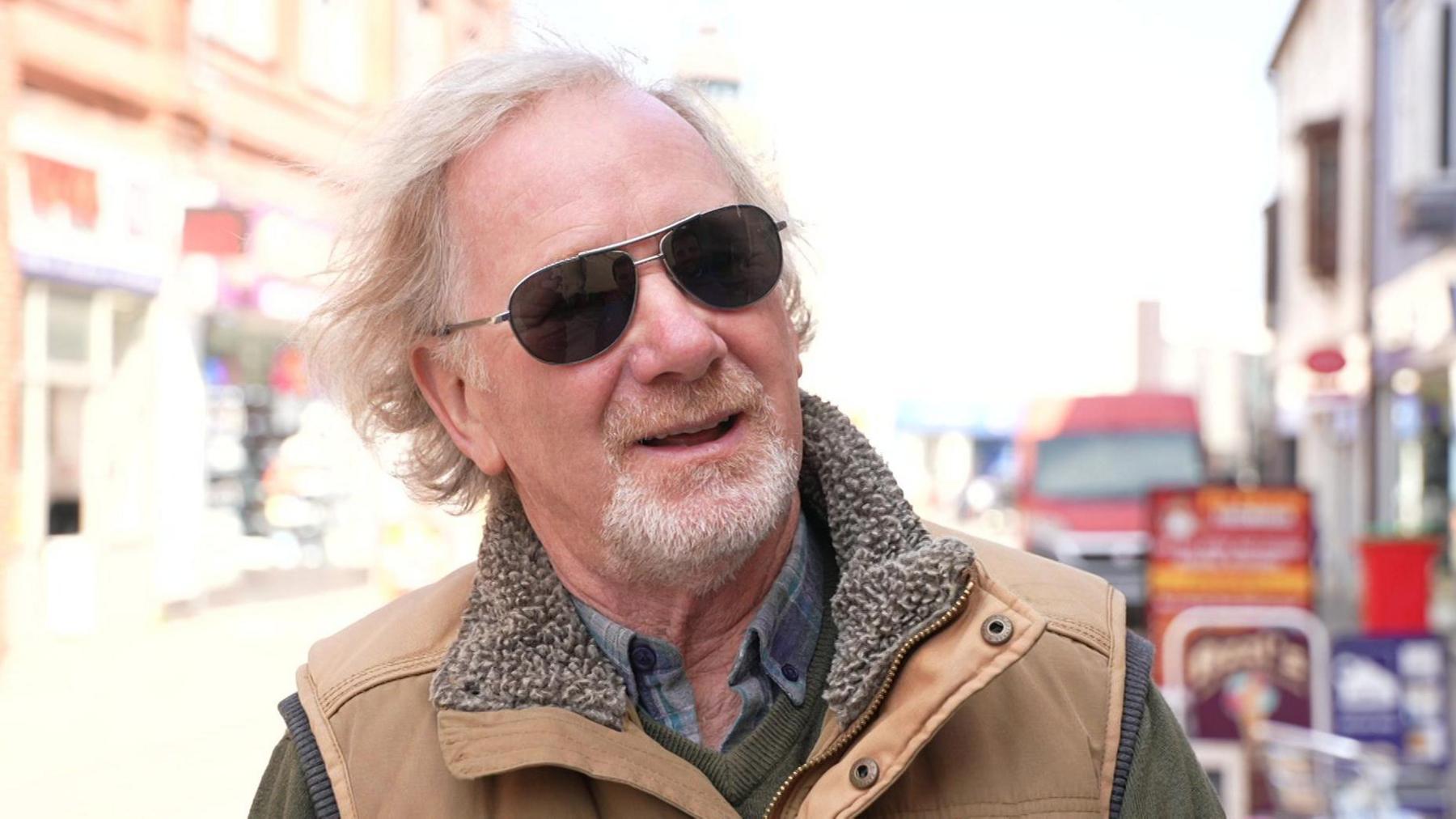
Mr Walkden says he believes children should have a choice when it comes to Welsh and English teaching in school
Mared Rhys, a first-language Welsh speaker, said she agreed with what the authority wanted to do.
"Its important that the language is promoted and that children leave school confident in their Welsh and English. I think it's to be welcomed," she said.
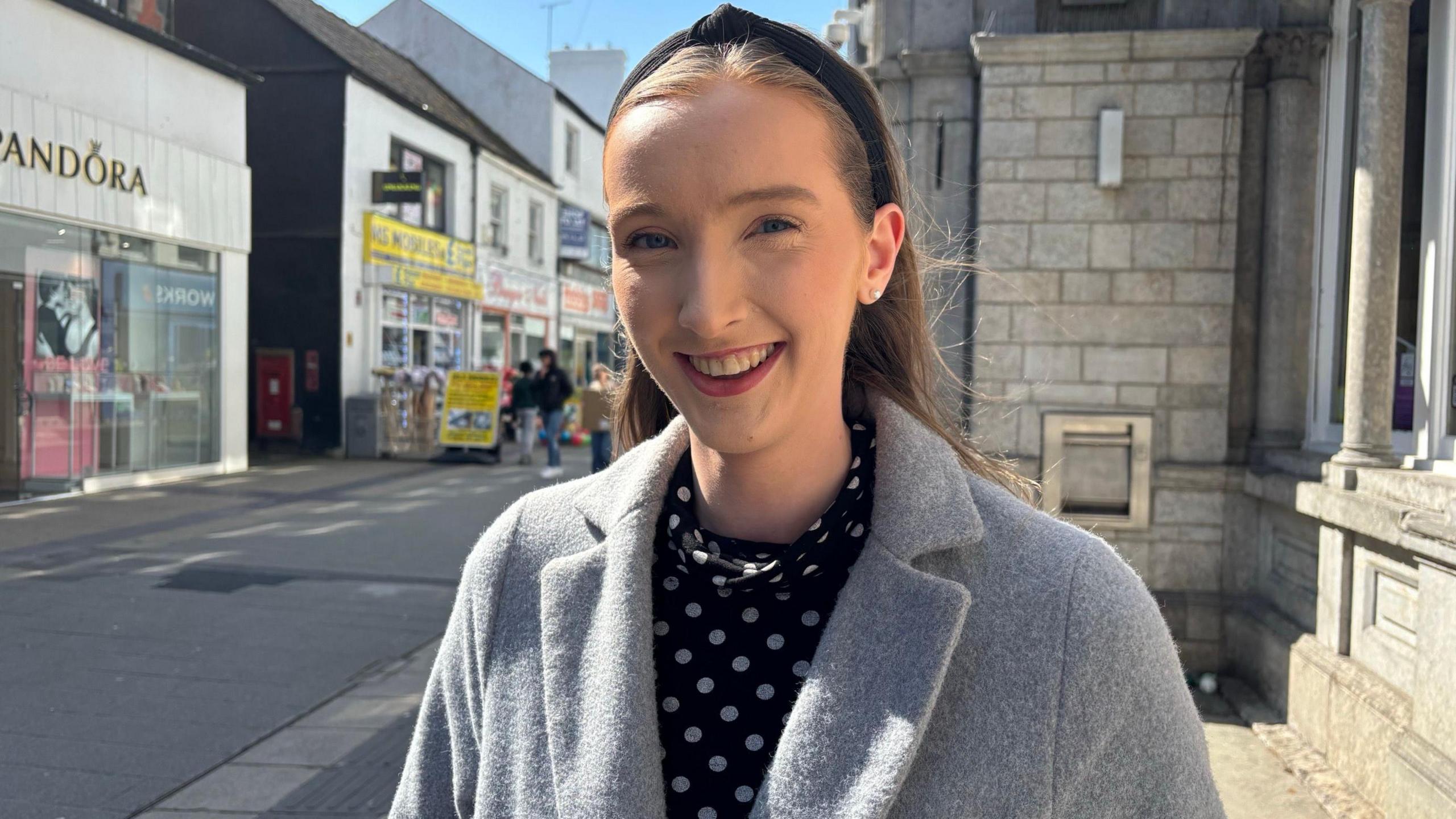
Mared believes children should leave school confident in their Welsh and English
Student Jade Lambsdale believed that leaving school bilingual had its benefits.
"I guess having English as a second language is very useful," she said.
"I grew up in Italy so having two languages under your belt at such a young age is extremely useful to have.
"Having a bilingual brain helps you speak other languages in turn."
Her friend, Georgina Mee, added: "I guess it can be difficult with science-based subjects because they'll probably have to travel for higher education.
"There's only a couple of universities in Wales and they often don't offer the subject in Welsh, so to progress you often do need the vocabulary in English as well."
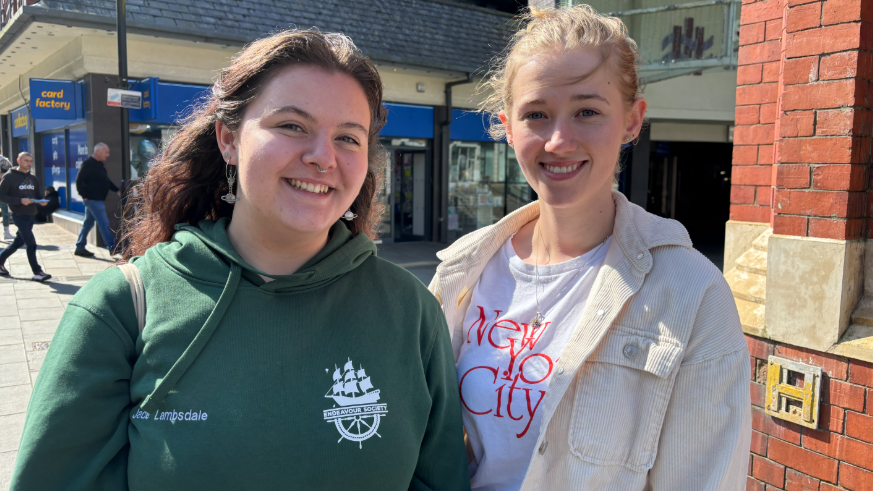
Jade (left) says having Welsh-speaking schools is a positive thing
The draft measures "would not mean overnight changes" and would be subject to scrutiny and public consultation, the Plaid Cymru-run authority said.
But the county's education portfolio holder, councillor Dewi Jones, said a revamp of the existing policy was overdue.
"There have been linguistic changes in the county and the lives of young people are very different now compared to 1984," he said.
"English, as a subject, will continue to be taught in English of course and parts of other subjects as well as extra-curricular activities."

Councillor Dewi Jones says the influence of social media, film and television and video games all have an effect on the Welsh language
But Conservatives' Senedd leader Darren Millar said there was a "danger" the policy could "push people away from the Welsh language".
"Axing the opportunity for parents and pupils to choose to be educated in English-medium schools is totally unacceptable," he said.
"While I fully support access to Welsh-medium education in all parts of Wales, linguistic zealots should remember that there are two official languages in our country that all local councils and education authorities should cater for; English and Welsh."
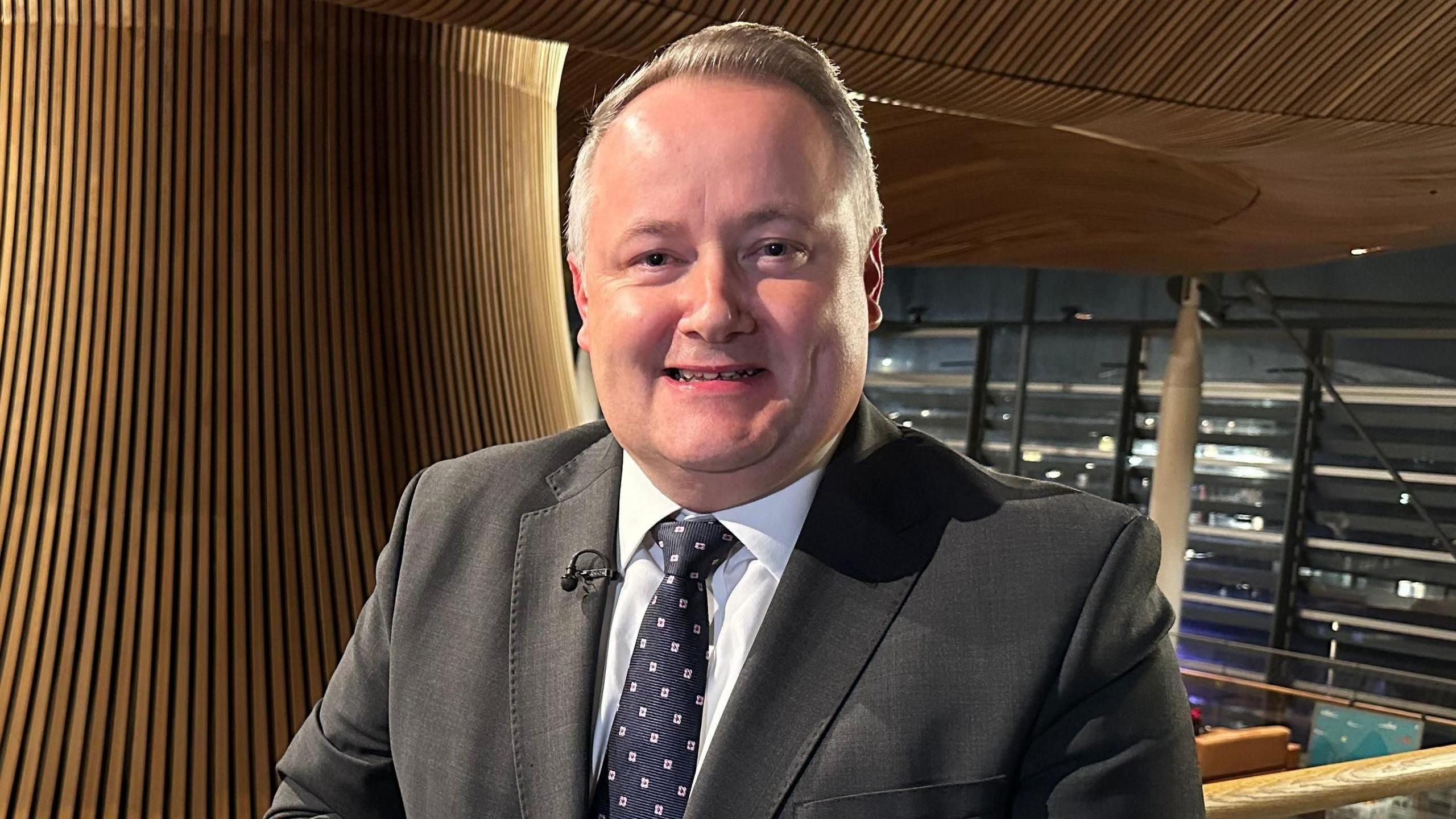
Darren Millar says there is a "danger" the policy could "push people away from the Welsh language"
Gwynedd's cabinet member for education said the Welsh language immersion system for non-Welsh speaking newcomers would remain unchanged.
"The current emphasis is on bilingual learning but we're moving towards a system of Welsh-medium education," said Jones.
"Of course not all schools are at the same stage of the process and they will be ready to offer these changes at different points."
He added support would be offered to Ysgol Friars and Ysgol Uwchradd Tywyn as well as Bangor's Catholic Our Lady's School in the primary sector as they "continue on their journey" to eventually becoming designated Welsh-medium schools.
"We do have some non-Welsh speaking teachers who are already learning, it is not practical to change things overnight," he added.
In the primary sector all pre-school and foundation phase education until the end of Year 2 will be through the medium of Welsh.
From Year 3 onwards English would be introduced but under the new plans at least 80% of pupils' education would be in Welsh.
Children and young people with additional learning needs would receive "equal linguistic opportunities in accordance with the policy".
Related topics
- Published3 March
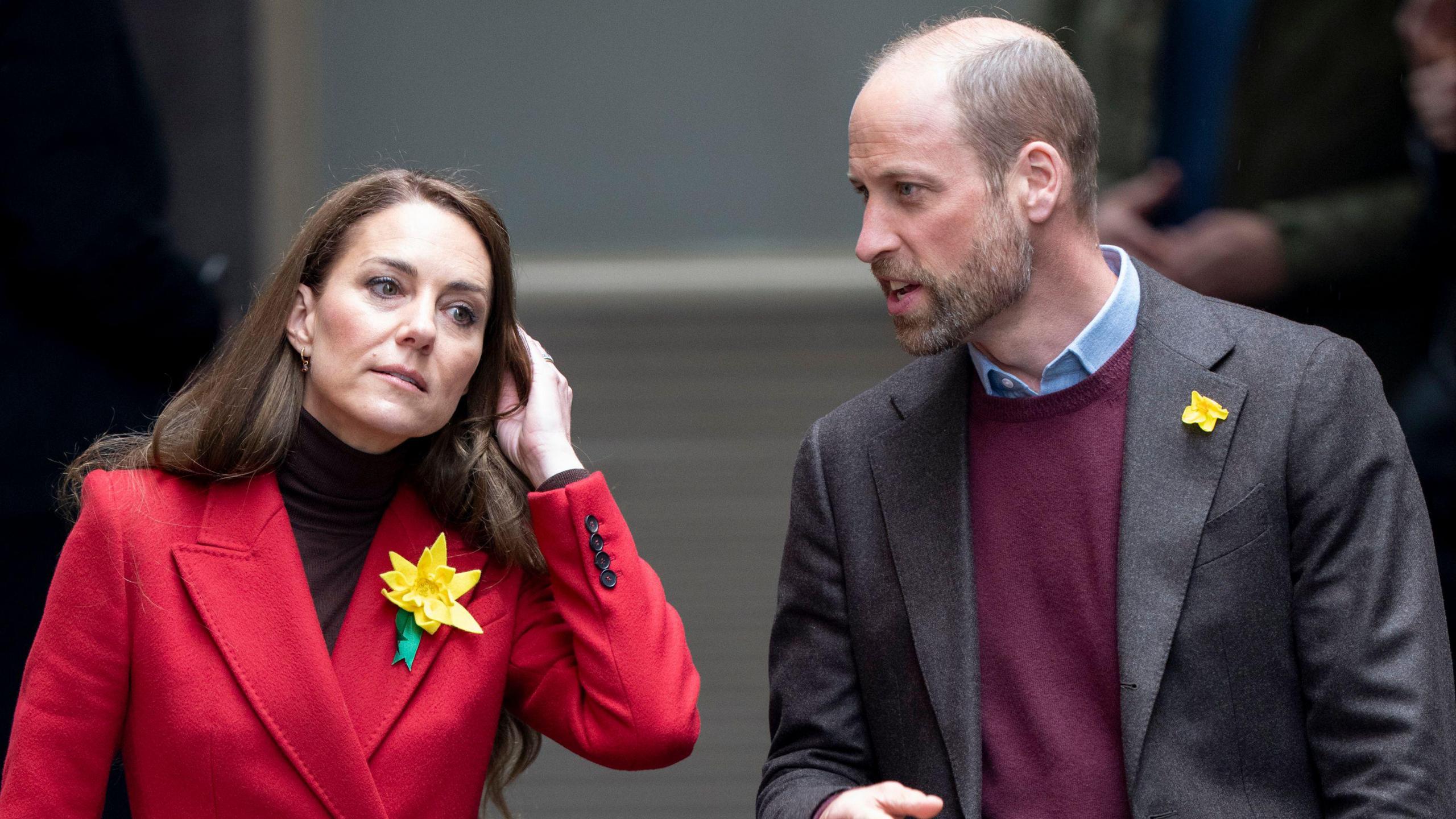
- Published7 February

- Published11 January
